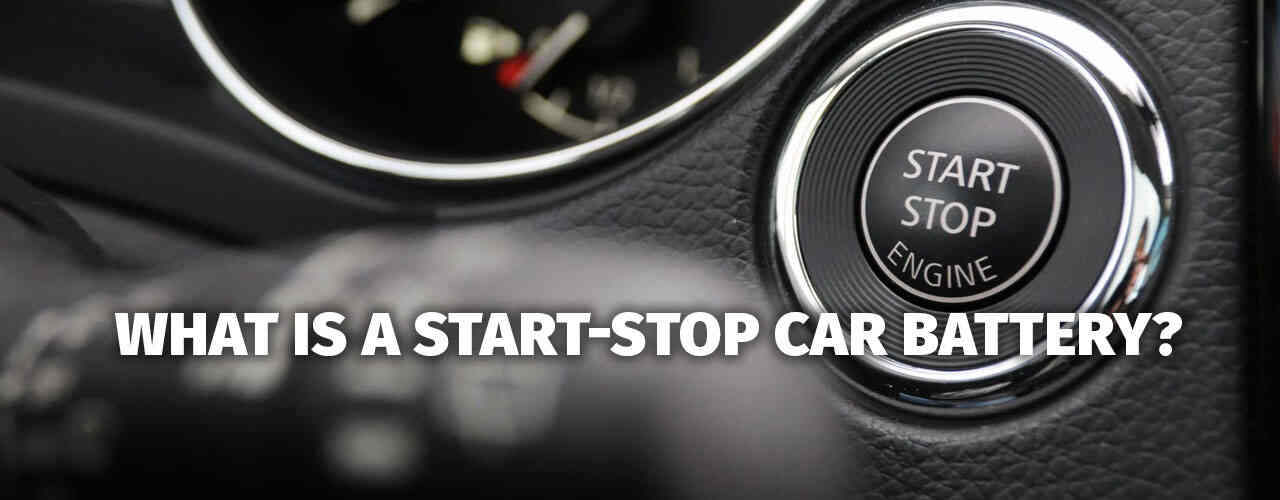In today's rapidly evolving automotive world, understanding the technologies under the hood of our vehicles is crucial. Among these technologies, the start-stop car battery is gaining prominence. Let's dive deep into understanding this innovative piece of technology.
The Evolution of Automotive Batteries
Automotive batteries have come a long way since their inception. They play a pivotal role in powering not just the ignition but also the myriad electronic devices we have come to rely upon in our vehicles. With the advent of greener technologies and the shift towards energy conservation, start-stop systems have emerged as a critical addition to modern vehicles.
Defining the Start-Stop Car Battery
In essence, a start-stop car battery is specially designed to support the vehicle's start-stop functionality. Whenever a vehicle with this system comes to a halt – for example, at traffic lights – the engine automatically switches off. As soon as the driver presses the accelerator or releases the brake, the engine swiftly restarts. This system significantly reduces idle time, leading to fuel savings and reduced emissions.
How Does It Differ From Traditional Car Batteries?
While they might look similar from the outside, there's a world of difference inside. A regular car battery provides a short, high-energy burst to start the engine and then goes dormant, occasionally providing energy for electronics when the engine is off. On the contrary, a start-stop car battery works in a cyclical pattern, continuously supporting the start-stop function. This requires a higher energy throughput and a more robust design to withstand frequent charge and discharge cycles.
Components That Make the Difference
Enhanced Electrolyte: For rapid energy delivery, start-stop batteries feature a more advanced electrolyte composition, promoting faster electron flow.
Durable Plates: The plates in these batteries are optimized to handle frequent start-stop cycles without degrading quickly.
Advanced Separators: To prevent short-circuiting and promote energy efficiency, these batteries are equipped with high-end separators.
Benefits of Using a Start-Stop Car Battery
Fuel Efficiency: One of the primary reasons car manufacturers have adopted this technology is the potential for fuel savings. With the engine not idling unnecessarily, fuel consumption reduces.
Environmental Impact: Reduced idling means lower emissions. This helps in reducing a vehicle's carbon footprint.
Extended Battery Life: Given their robust design, start-stop car batteries tend to have a longer lifespan compared to conventional batteries, especially in city driving conditions with frequent stops.
Cost Savings: While the initial investment might be higher, the long-term savings in terms of reduced fuel costs and prolonged battery life make it a worthy investment.
Selecting the Right Start-Stop Battery for Your Vehicle
With multiple manufacturers offering start-stop batteries, it's crucial to select one that's compatible with your vehicle. Some key considerations include:
Capacity: Ensure that the battery can handle the power requirements of your car.
Compatibility: Not all start-stop batteries are universal. Always check for compatibility with your vehicle's model and make.
Warranty: Given the slightly elevated costs, it's prudent to opt for batteries that come with a robust warranty.
In Conclusion
The start-stop car battery is a testament to how innovation in the automotive industry is pushing the boundaries to create greener, more efficient driving solutions. As this technology continues to evolve, it is poised to become a standard in future vehicles, further solidifying its importance in the automotive landscape.




